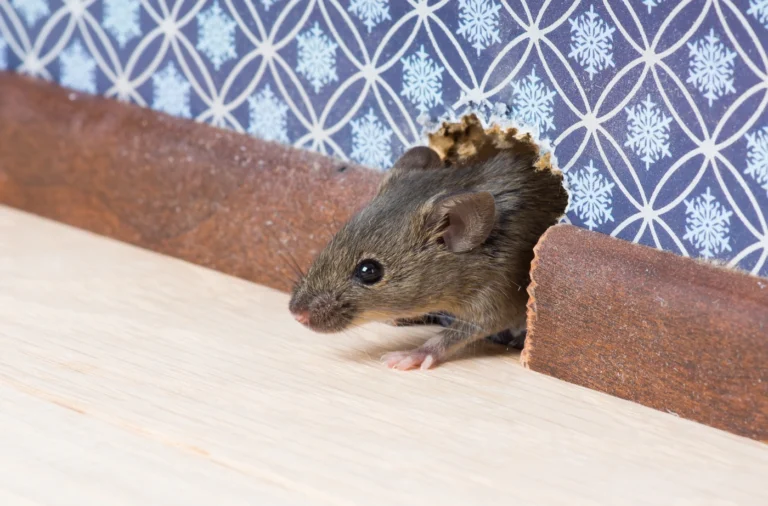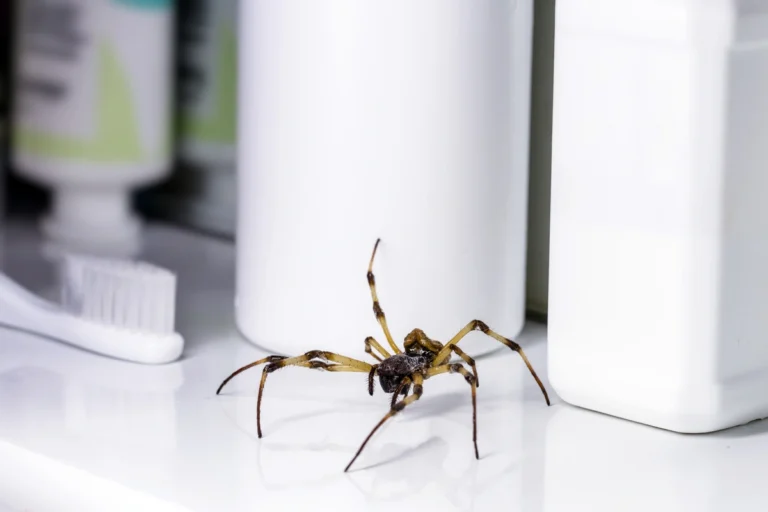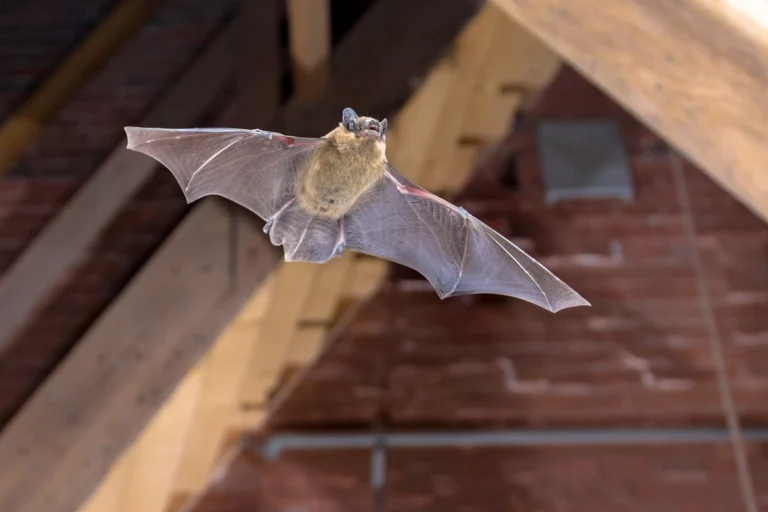Squirrel Removal for Wisconsin Residents
Things Getting Squirrely?
Squirrels might seem harmless when spotted outdoors, but once they invade your home or business, they can cause significant damage. These rodents are known for chewing through wires, insulation, and building materials, which can lead to fire hazards or structural concerns. Squirrel infestations often occur in attics, walls, or chimneys, as these areas provide shelter and safety for nesting. Recognizing the signs of a squirrel problem, such as scratching noises and droppings, is the first step in addressing the issue.
-

Rodent Removal Specialists
-

Recommended Locally
-

Family Owned & Operated

We’re Here To Help
Respectful Pet Removal
At Prompt Action Pest Control, we specialize in humane and effective squirrel removal techniques. Using a combination of advanced tools and proven strategies, our team works to safely remove squirrels from your property without causing them harm. We identify entry points, implement exclusion methods, and set appropriate traps tailored to your specific situation. Our comprehensive approach ensures your squirrel problem is resolved quickly and efficiently.


Our Prompt Process


Long-Term Pest Solutions
Once the current infestation is managed, it’s essential to prevent squirrels from returning. This involves sealing entry points such as holes, vents, and gaps in roofing or walls. Trimming tree branches that are too close to your home and securing garbage bins can also deter squirrels from invading. Additionally, our team can provide ongoing monitoring and maintenance services to give you peace of mind and ensure your property remains squirrel-free.


Reviews
Five Stars & Pest-Free

Service Areas
The Best of the Midwest
When it comes to taking care of pests, you want a team that understands the habits of your local critters. As Wisconsin & Minnesota’s premiere provider of pest control services, we’ve seen it all. Which means we’re equipped to take on whatever comes our way. You can count on us to get the job done right!
- St. Paul, MN
- Duluth, MN
- Eau Claire, WI
- LaCrosse, WI
- Hayward, WI
- Rice Lake, WI
- Wausau, WI
- Green Bay, WI
- Stevens Point, WI
- Appleton, WI
- Minocqua, WI
FAQS
Frequently Asked Questions
How do I know if I have a squirrel problem?
Signs of a squirrel infestation include scratching or scurrying sounds in your walls or attic, shredded insulation, droppings, or visible damage to your home’s exterior, such as chewed wires, holes, or gnawed wood.
Are squirrels dangerous to my home?
Yes, squirrels can cause significant damage to your property. They may chew on electrical wires, create holes in your walls or roof, and contaminate your home with droppings. Their nesting behavior can also lead to structural damage over time.
What should I do if I find a squirrel inside my home?
If you discover a squirrel inside your home, it’s best to avoid trying to remove it yourself, as this may cause injury to you or the animal. Contact a professional wildlife removal service to safely and humanely handle the situation.



















